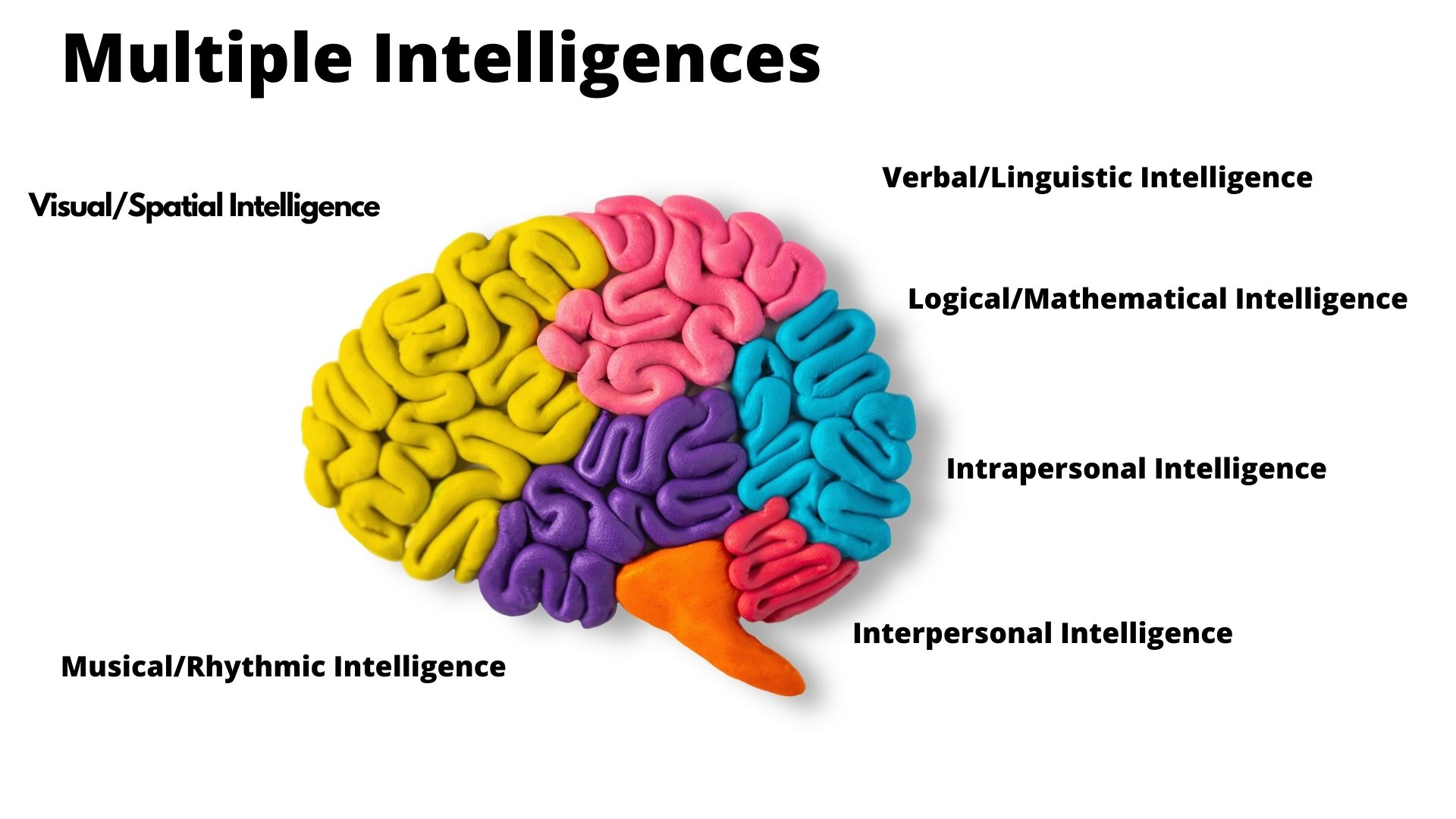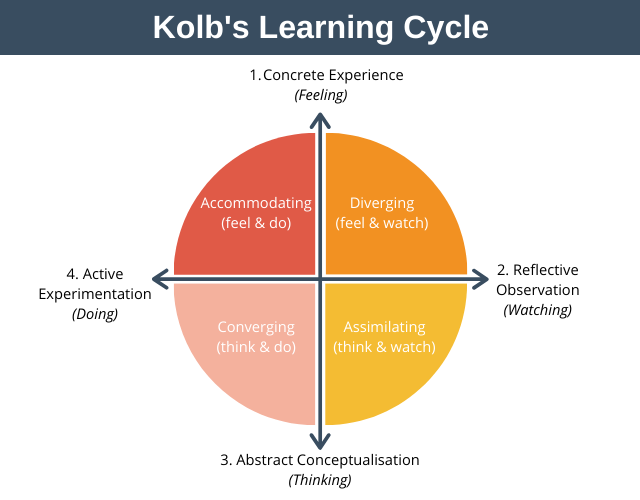In the realm of human intelligence, the traditional idea of a single, all-encompassing IQ score is being challenged by the theory of multiple intelligences. Proposed by psychologist Howard Gardner in 1983, this theory suggests that intelligence is not a singular entity but rather a diverse set of abilities that each person possesses in varying degrees. These “multiple intelligences” encompass a wide range of skills and talents, from linguistic prowess to musical aptitude, and from logical reasoning to interpersonal sensitivity.
What are the Multiple Intelligences? Gardner’s theory identifies seven distinct types of intelligence, each representing different ways in which individuals perceive and understand the world around them:
- Verbal-Linguistic Intelligence:
- Individuals with strong verbal-linguistic intelligence excel in language-related tasks. They have a knack for words, enjoying reading, writing, storytelling, and engaging in debates. This type of intelligence is often found in writers, poets, journalists, and speakers.
- Logical-Mathematical Intelligence:
- Logical-mathematical intelligence is characterized by analytical thinking, problem-solving skills, and a love for logic and numbers. Individuals with this intelligence type are often drawn to mathematics, science, engineering, and computer programming.
- Visual-Spatial Intelligence:
- People with strong visual-spatial intelligence have a keen sense of space, shapes, and visual details. They excel in activities such as drawing, painting, architecture, map reading, and interior design.
- Musical-Rhythmic Intelligence:
- This intelligence type involves a deep appreciation for music, rhythm, and sound. Individuals with musical-rhythmic intelligence often excel in playing musical instruments, composing music, singing, and recognizing different musical patterns.
- Bodily-Kinesthetic Intelligence:
- Bodily-kinesthetic intelligence is characterized by physical coordination, dexterity, and a strong connection between mind and body. Athletes, dancers, actors, surgeons, and craftsmen often possess this type of intelligence.
- Interpersonal Intelligence:
- Interpersonal intelligence involves the ability to understand and interact effectively with others. People with this intelligence type are skilled at empathy, communication, leadership, and building strong relationships.
- Naturalistic Intelligence:
- Naturalistic intelligence is centered around an affinity for nature, the environment, and living things. Individuals with this intelligence type are often found in fields such as botany, zoology, environmental science, and gardening.
Benefits of Understanding Multiple Intelligences:
- Self-Discovery and Personal Growth: By identifying their strengths and weaknesses across different intelligences, individuals can gain a deeper understanding of themselves. This self-awareness can lead to personal growth, improved confidence, and better decision-making.
- Tailored Learning and Teaching: Educators can use the theory of multiple intelligences to create more effective and engaging learning experiences. By recognizing that students have different ways of learning, teachers can tailor their instruction to cater to diverse intelligences in the classroom.
- Career Guidance and Pathways: Understanding one’s dominant intelligences can provide valuable insights into suitable career paths. It can guide individuals toward professions that align with their natural talents and interests, leading to more fulfilling and successful careers.
Practical Applications in Daily Life:
- Effective Communication: People with strong verbal-linguistic intelligence can excel in written and oral communication, making them effective writers, speakers, and communicators in various settings.
- Problem-Solving Skills: Logical-mathematical intelligence is crucial for problem-solving, decision-making, and analytical thinking. Individuals with this intelligence type often excel in fields requiring strategic planning and critical analysis.
- Artistic Expression: Visual-spatial and musical-rhythmic intelligences are essential for artistic expression. Artists, musicians, designers, and architects rely on these intelligences to create visually stunning artworks, compositions, and designs.
- Physical Performance and Wellness: Bodily-kinesthetic intelligence is vital for athletes, dancers, actors, and anyone involved in physical activities. Developing this intelligence type can lead to improved physical performance, coordination, and overall wellness.
The theory of multiple intelligences offers a rich and nuanced understanding of human capabilities. By recognizing and embracing the diverse ways in which individuals learn, perceive, and excel, we can unlock our full potential. Whether you’re a wordsmith, a logical thinker, a creative artist, or a compassionate communicator, there’s a unique intelligence waiting to be explored within you. Embrace your strengths, cultivate your talents, and embark on a journey of self-discovery through the lens of multiple intelligences.
Ready to Discover Your Intelligences? Take the Multiple Intelligence Test! Now that you’ve learned about the fascinating world of multiple intelligences, why not delve deeper into your own unique strengths? Take our Multiple Intelligence Test to uncover the intelligences that shine brightest within you. This interactive quiz will guide you through a series of thought-provoking questions tailored to each intelligence type. Gain valuable insights into your natural talents, learning preferences, and potential career paths.
Start your journey of self-discovery today and unlock the full spectrum of your intelligences!




